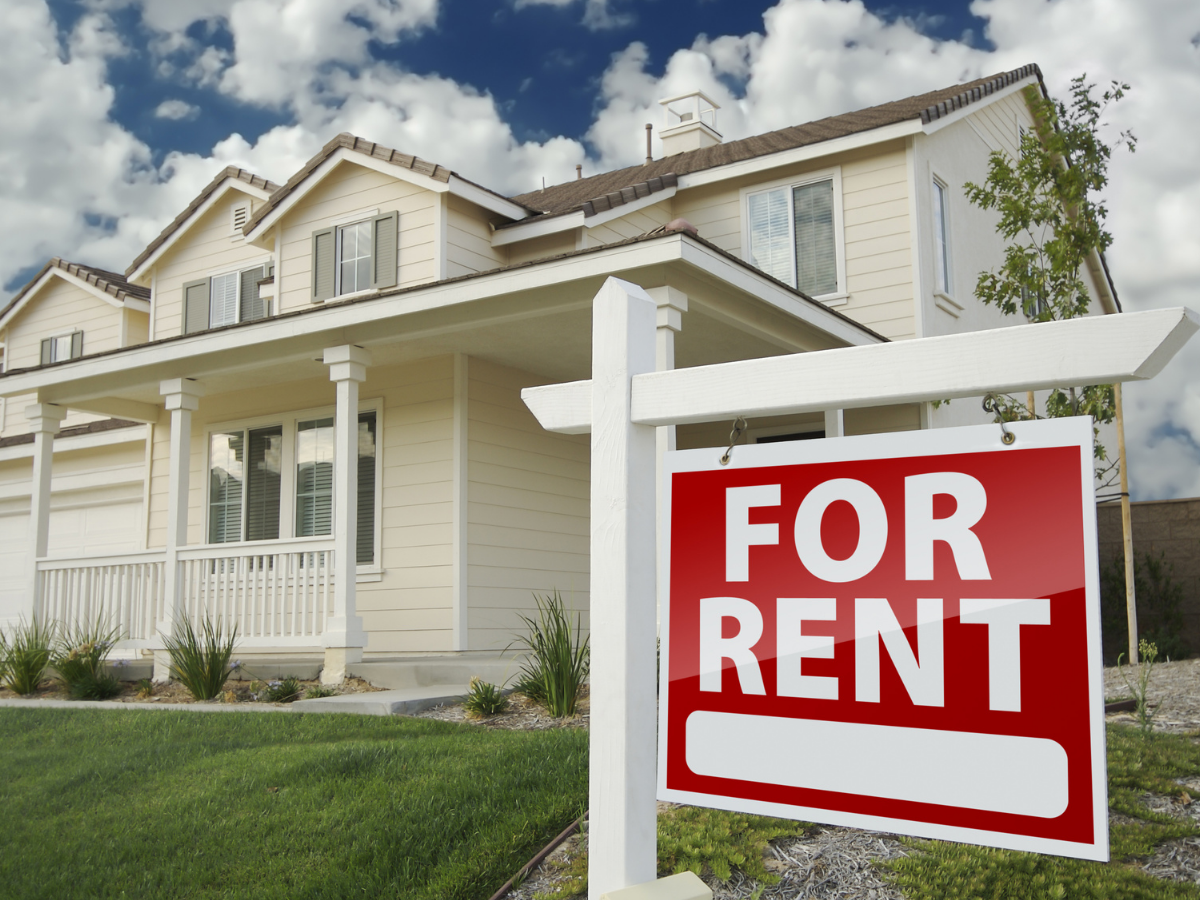For Landlords: Rent Increase Laws in Jacksonville
Introduction
Understanding laws regarding rent increase in Jacksonville is crucial for landlords. The rental market can be dynamic, and knowing the legal framework helps you make informed decisions while ensuring compliance with local regulations. This article will discuss the specifics of how much rent can be increased, when it can be done, and the proper procedures to follow.
Jacksonville has a diverse rental landscape. Landlords must navigate various laws that govern rental agreements and increases. This guide aims to clarify these laws, empowering you to manage your properties effectively and legally.

How Much Can a Landlord Increase Rent in Jacksonville?
In Jacksonville, the amount you can increase rent is not strictly capped by law, but it must be reasonable and justifiable. Typically, you can raise rent based on market conditions, property improvements, or inflation. However, it is essential to consider the lease agreement terms, as they may specify how often and by how much rent can be increased.
For instance, if a lease states that rent can be increased annually, you must adhere to this timeline. Additionally, while there is no set percentage for rent increases, a common guideline is to keep them within the range of 3% to 5% annually. This is often seen as reasonable and is less likely to drive tenants away.
You should also be aware of the Fair Housing Act, which prohibits discrimination in housing practices. Any rent increase should not be based on factors such as race, color, religion, sex, national origin, familial status, or disability. Ensuring compliance with these regulations is vital to maintaining a fair rental environment.
In addition to the legal considerations, you should also take into account the local rental market trends. For example, if the demand for rental properties is high due to an influx of new residents or a booming job market, you may find it justifiable to increase rent more significantly. Conversely, in a slower market, substantial increases could lead to higher vacancy rates, which can be detrimental to your bottom line. Understanding the dynamics of the local economy and housing market can help you make informed decisions that balance profitability with tenant retention.
Moreover, you can enhance your rental appeal by investing in property upgrades before implementing a rent increase. Improvements such as modernizing kitchens and bathrooms, enhancing curb appeal, or adding amenities like in-unit laundry facilities can justify higher rents and attract quality tenants. By demonstrating that the property offers added value, you can foster positive relationships with tenants, making them more amenable to reasonable rent increases while also ensuring the property remains competitive in the marketplace.
When Can You Increase Rent?
Timing is essential when it comes to rent increase in Jacksonville. Generally, you can increase rent at the end of a lease term, provided you give proper notice to tenants. According to Florida law, you must provide written notice of at least 30 days before the increase takes effect. This notice period allows tenants to prepare for the change, whether that means budgeting for the new rent or deciding to seek alternative housing.
In some cases, you may implement rent increases during the lease term, but this is typically only permissible if the lease agreement explicitly allows it. For example, if a lease includes a clause permitting mid-term increases, you must still provide adequate notice as stipulated in the lease.
You should also consider local market trends when deciding when to increase rent. If rental demand is high, it may be an opportune time to raise rates. Conversely, during periods of economic downturn or increased vacancy rates, it may be wise to hold off on increases to retain tenants.
How Do You Increase Rent?
Increasing rent is not just about notifying tenants; it involves a systematic approach to ensure compliance with laws and regulations. The first step is to review the lease agreement to confirm the terms regarding rent increases. Once confirmed, you should draft a formal notice that includes the new rent amount, the effective date of the increase, and the reason for the increase, if applicable.
It is crucial to deliver this notice in writing, as verbal notifications may lead to misunderstandings. Sending the notice via certified mail can provide proof of delivery, which may be necessary if disputes arise later. Additionally, you should keep a copy of the notice for your records.
Communication is key during this process. Engaging with tenants about the reasons for the increase can foster goodwill and understanding. If the increase is due to property improvements or rising maintenance costs, explaining these factors can help tenants appreciate the necessity of the adjustment.
Final Thoughts: Rent Increase in Jacksonville
Landlords in Jacksonville must navigate a complex landscape of rent increase laws to ensure compliance and maintain positive tenant relationships. Understanding how much rent can be increased, when it can be done, and the proper procedures to follow is essential for effective property management.
By adhering to local laws and fostering open communication with tenants, you can create a more stable rental environment. It is advisable to stay informed about changes in legislation and market trends to make the best decisions for your properties.
Ultimately, a well-informed landlord is better equipped to manage their rental properties successfully, ensuring both profitability and tenant satisfaction in the vibrant Jacksonville rental market.
If you want to maximize your rental income without becoming an expert on landlord-tenant law, reach out to Evernest’s Jacksonville property management team today!

